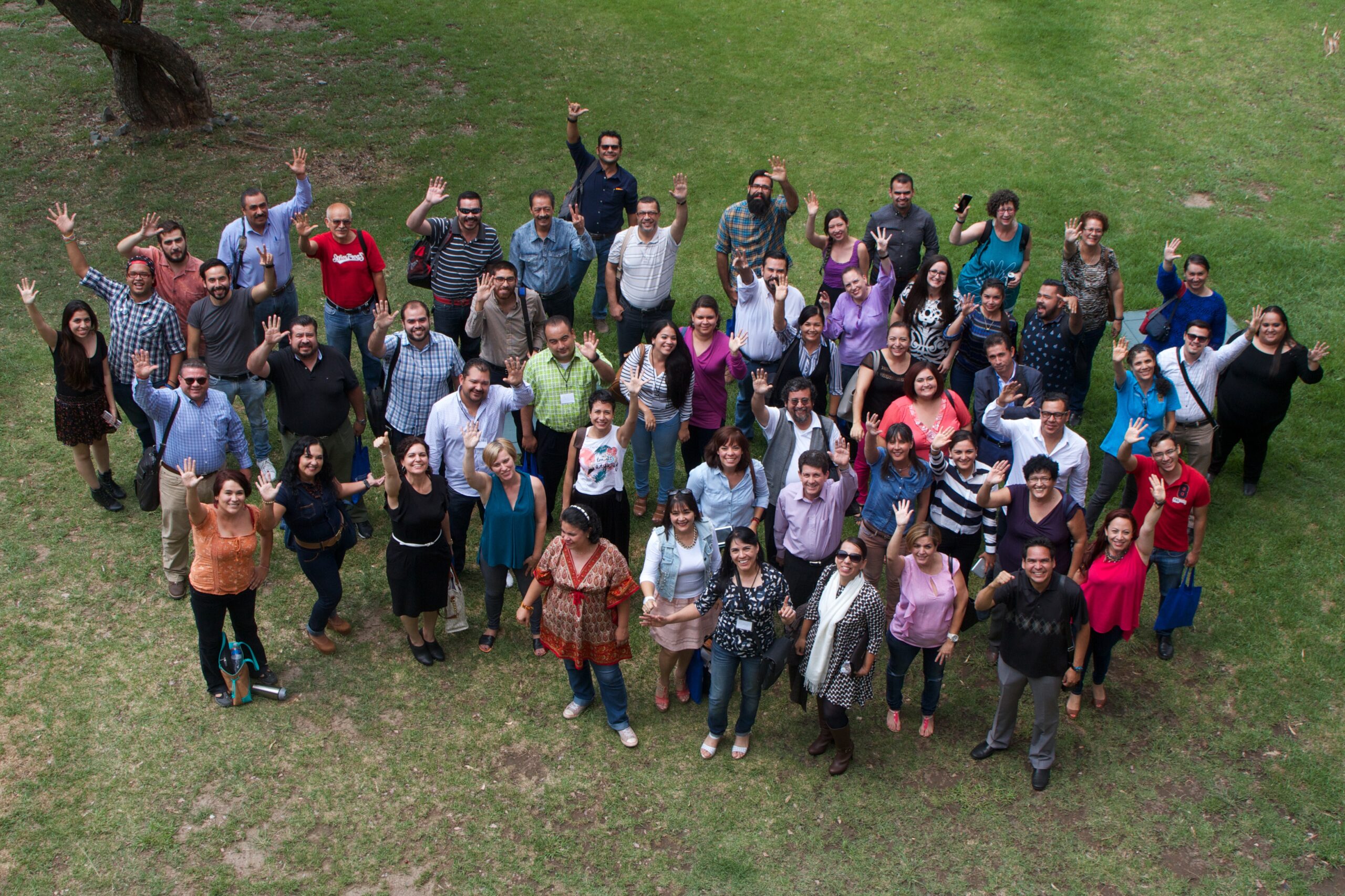In an era where societal challenges appear insurmountable, a profound question emerges: How can the youth embody transformative change within their communities? The teachings of the Baha’i Faith offer a compelling narrative, illustrating that service is not merely an obligation but an opportunity for youth to engage with and remedy the multifaceted issues facing humanity. This article endeavors to elucidate the pathways through which young individuals can harness their potential for service, thereby enriching both their lives and the world at large.
At the heart of Baha’i teachings lies the principle of the oneness of humanity, advocating a vision where every individual, irrespective of background, plays a role in uplifting society. This intrinsic connection between individuals fosters an environment wherein youth can readily engage in service, utilizing their unique perspectives and energies. By establishing a conducive milieu for service, a foundation can be laid, enabling young individuals to realize their capability as agents of transformation.
The concept of service within the Baha’i framework transcends the traditional notions of charity; it embraces a holistic engagement with the world that nourishes both personal growth and community improvement. Youth are encouraged to participate in social action initiatives that resonate with their passions, whether it be environmental sustainability, education, or health care. This participatory model facilitates not only the cultivation of essential skills but also the development of a deeper understanding of collective human issues.
However, a challenge persists: how to effectively channel the enthusiasm of youth into structured efforts that yield tangible results? One method is through the establishment of local Baha’i youth groups, which serve as incubators for ideas and initiatives. Within these groups, young individuals can collaboratively brainstorm, plan, and execute projects that address local needs while also enhancing their own capabilities. This not only cultivates leadership qualities but also fosters a sense of belonging and shared responsibility among peers.
Moreover, the Baha’i teachings emphasize the importance of education—not merely in conventional contexts but as a lifelong pursuit. Young people are encouraged to engage in various learning processes, including moral education, which is an essential aspect of their development as servants to humanity. Such education equips them with the necessary tools to approach community challenges critically and creatively, thus amplifying their capacity to make a profound impact.
Another avenue for service is through inter-community collaborations. By reaching out to youth from diverse backgrounds, Baha’is can inspire a spirit of unity and cooperation that breaks down barriers. Engaging in activities with individuals of different faiths and cultural practices enhances the understanding of varying perspectives, thereby enriching the service learning experience. Joint initiatives can mobilize a broader spectrum of resources and knowledge, addressing societal challenges more comprehensively.
Furthermore, technology offers unparalleled opportunities for youth to serve on a global scale. With the advent of digital platforms, young individuals can connect, share ideas, and mobilize support across geographical boundaries. Initiatives such as social media campaigns or online educational programs can reach wide audiences, spreading awareness about critical issues and inspiring action. The use of technology in service not only maximizes impact but also cultivates a sense of global citizenship among youth, fostering a commitment to the welfare of humanity.
Despite these possibilities, the road to impactful service is often fraught with obstacles, including complacency and a lack of direction. To counteract this, Baha’i teachings encourage reflection and consultation as essential practices. Regularly assessing one’s motivations and actions, alongside engaging in dialogue with others, can provide valuable insights and reaffirm the commitment to service. Such reflective practices not only enhance individual approaches to service but also strengthen community bonds through shared experiences and collective goal-setting.
Moreover, recognizing the need for resilience and adaptability in service endeavors is vital. Challenges will inevitable arise, yet it is crucial to view setbacks as opportunities for growth and learning. Baha’i teachings emphasize that perseverance in the face of adversity can lead to profound personal and communal transformations. Youth are thus encouraged to embrace challenges with optimism, viewing them as integral components of their service journeys.
In conclusion, the teachings of the Baha’i Faith illuminate a pathway for youth to serve the world meaningfully. The principles of unity, collaboration, and reflective practice create fertile ground for young individuals to blossom into influential catalysts for change. By fostering a spirit of service that emphasizes personal development and communal responsibility, youth can not only realize their potential but also contribute to the creation of a more harmonious and just society. Ultimately, the challenge remains—how will the youth answer the call to serve, and what unique imprint will they leave on the tapestry of humanity?
